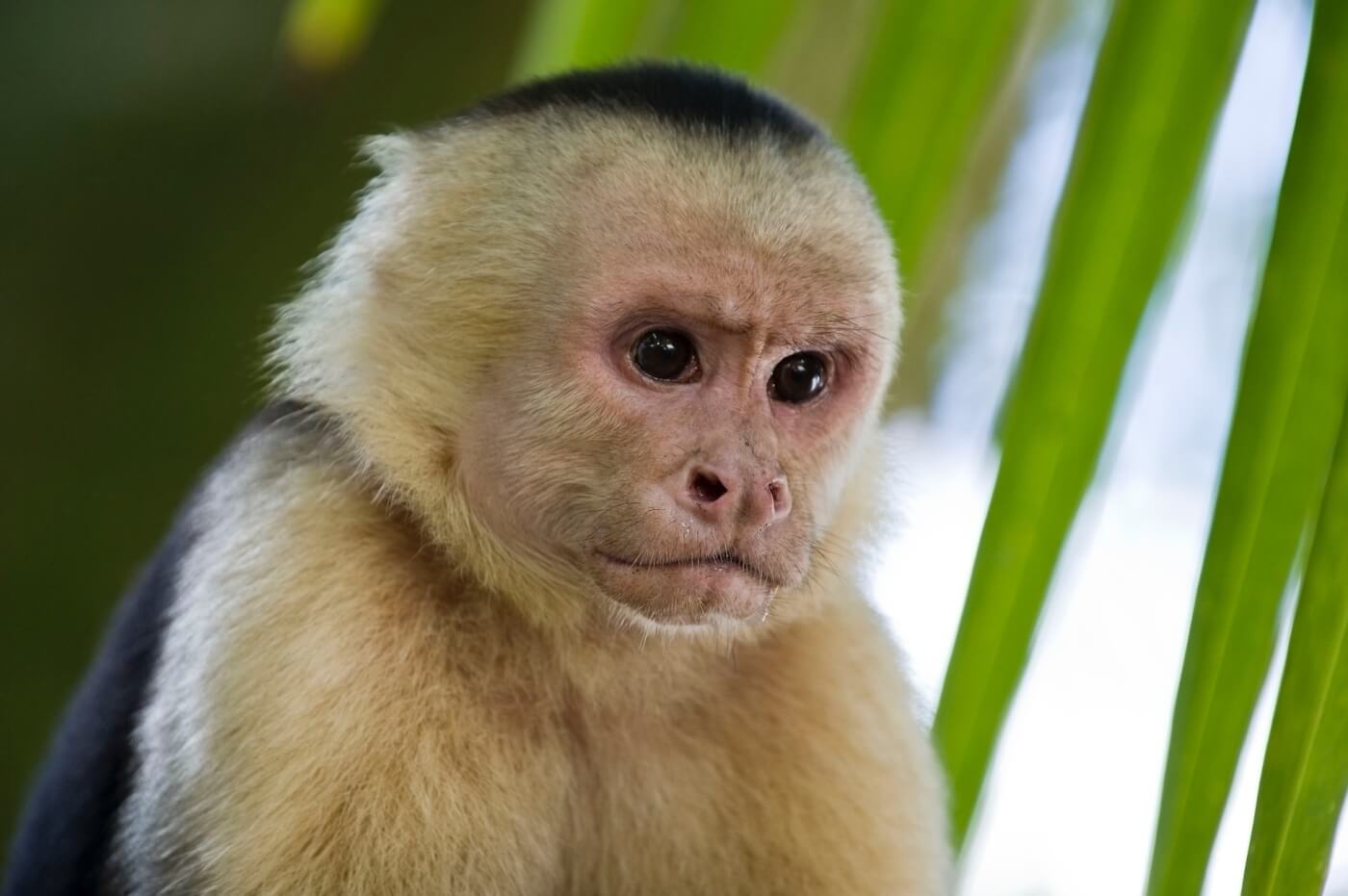After PETA’s Push, Chris Brown’s Monkey Dealer Gets License Terminated by Feds
Following a push from PETA, the U.S. Department of Agriculture (USDA) has terminated the federal Animal Welfare Act (AWA) license of Florida-based exotic-animal dealer Jimmy Wayne Hammonds (aka “The Monkey Whisperer”), blocking him from legally selling primates for the pet trade for at least the next year. The decision stems from Hammonds’ guilty pleas to federal charges related to the illegal sale and transport of primates—including his notorious sale of a capuchin monkey to singer Chris Brown. Exotic animals are not pets, playthings, or props for celebrities, and they’re not business transactions, either. We are celebrating the USDA’s decision to strip this felon of a license before he could exploit additional vulnerable animals.
PETA Pushed for This Victory
In 2017, PETA alerted California officials to Brown’s unlawful possession of the capuchin, which resulted in the animal’s seizure by the state and two misdemeanor charges levied against Brown. According to the search warrant affidavit, it was our complaint regarding Brown that triggered law enforcement to investigate Hammonds. The affidavit also indicates that officials believed that Hammonds had sold two spider monkeys to rapper Swae Lee. In addition, we alerted California wildlife officials to Lee’s unlawful possession of these spider monkeys, which led to the seizure of at least one of them.
PETA submitted a complaint to the USDA pointing out that the agency had cause to terminate Hammonds’ license, as his convictions include felony conspiracy to commit wildlife trafficking and three counts of violating the Endangered Species Act, prompting the USDA’s enforcement action.
Monkeys and other exotic animals are not “pets.”
Exotic animals kept as “pets” are often bred in captivity by criminal dealers, torn away from their mothers as babies, sold to anyone with a big enough bank account, denied any chance at a natural life, and forced to do whatever their owner chooses for a few social media “likes.”
In their natural habitats, baby capuchin monkeys spend several months, even years, by their mothers’ sides. However, those used as “pets” are typically torn away from their mothers as infants. These monkeys are intelligent, curious, and highly social animals who naturally live in large groups. A human home denies them mental stimulation and opportunities for social interaction with other monkeys, which can lead to frustration and depression. Monkeys kept as “pets” can and will bite humans.
PETA encourages anyone who sees exotic animals being exploited by celebrities on social media to forward the evidence to authorities and to us, as many animal advocates did with Chris Brown and Swae Lee—a move that helped bring down a prolific exotic-animal breeder.


